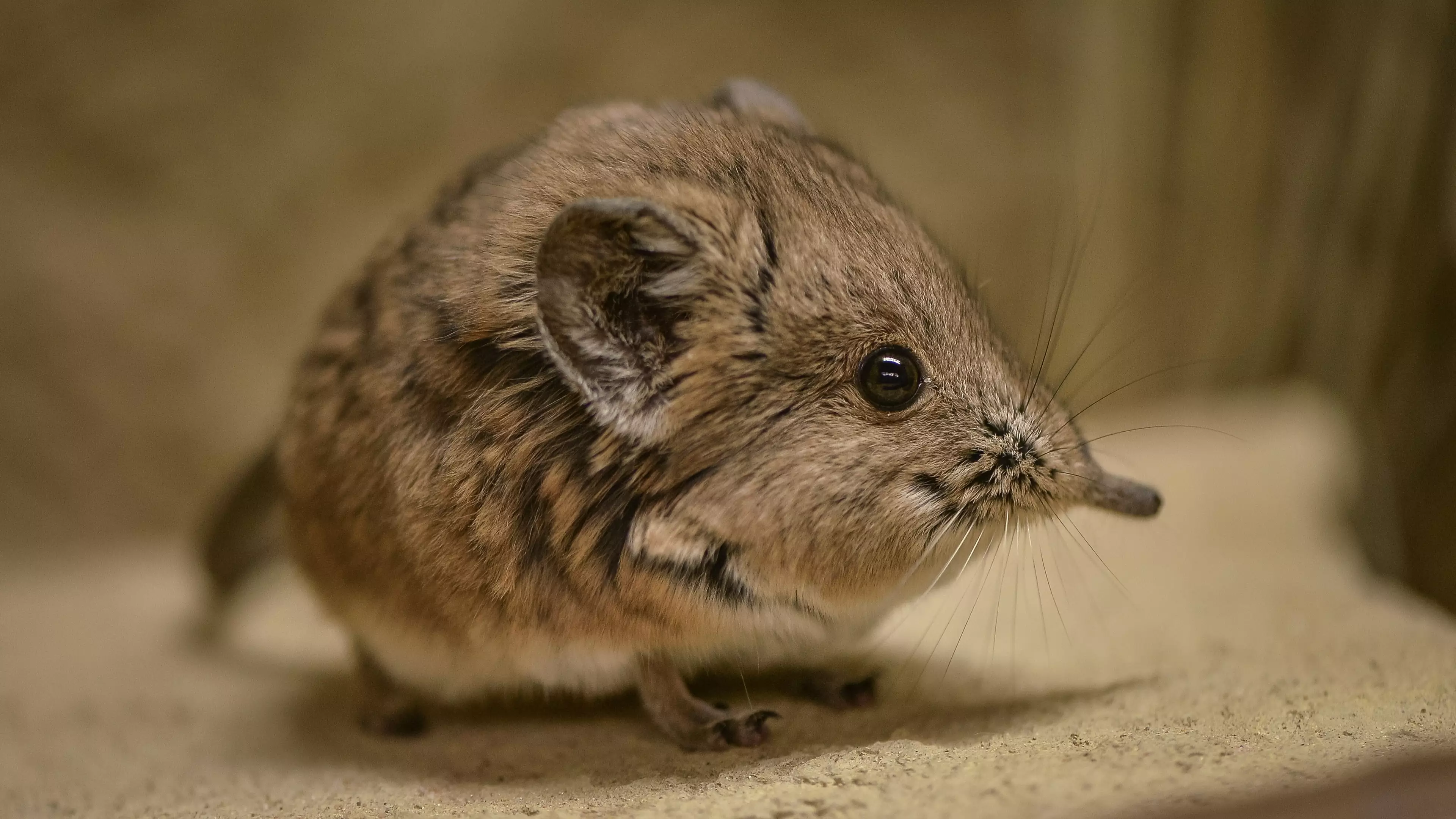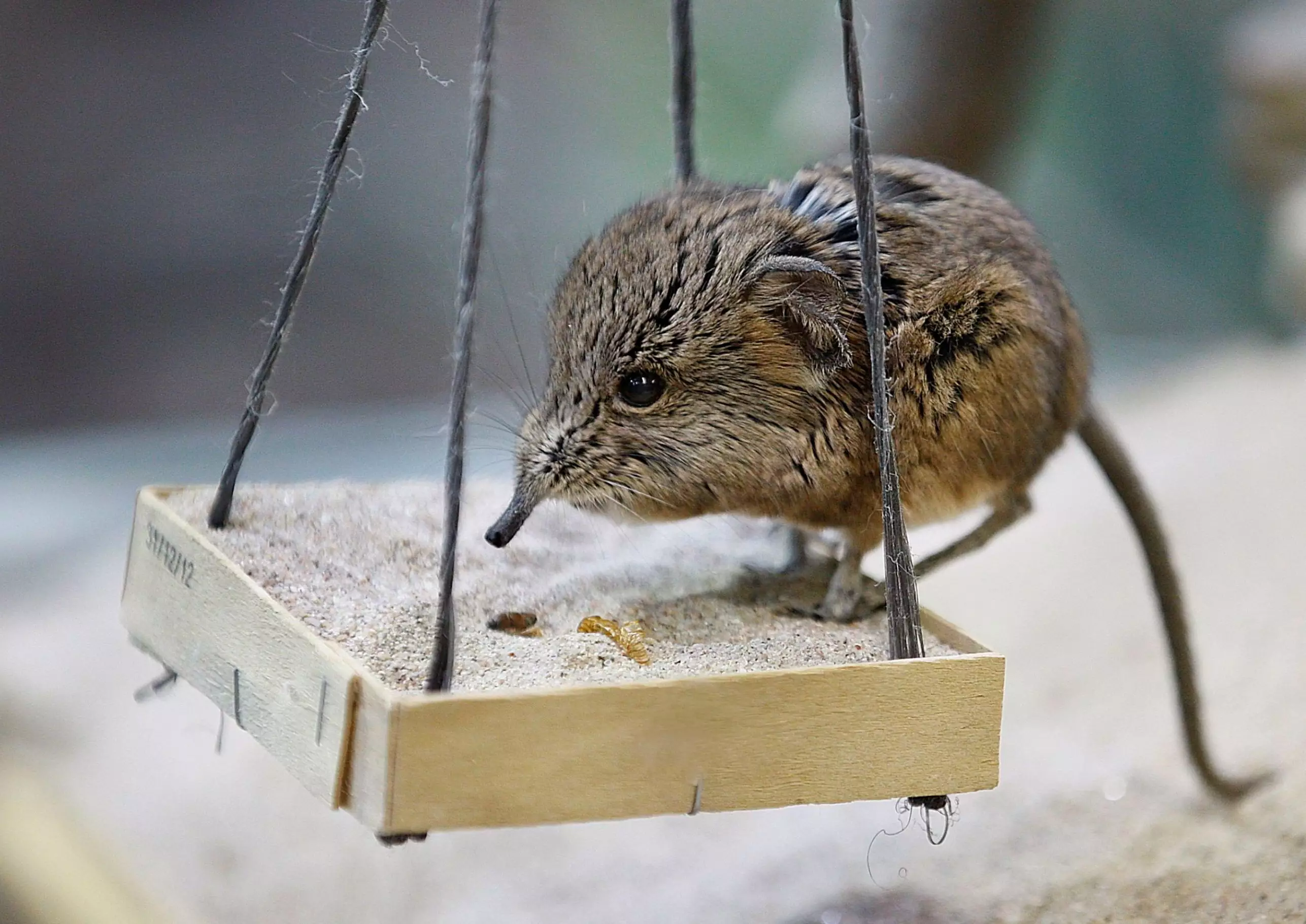
Tiny elephant shrews have been rediscovered in Africa after being classed as a 'lost species' for the last 50 years.
The last time one of the mouse-sized creatures was recorded by scientists was in 1968, with subsequent studies in the '70s failing to find any of the small mammals.
Thankfully, the creatures have been spotted in Djibouti - a country in the Horn of Africa - while researchers were exploring the area.

Their name appears quite self-explanatory but despite superficial similarities, the elephant shrew is actually not a type of shrew (or an elephant, obviously). The species is also known as 'sengi'.
Advert
Sengis are related to aardvarks, elephants and manatees and get their nickname from their noses, which resemble trunks. They use the remarkable appendages to find their prey - specifically insects, using their tongues to flick food into their mouths.
In order to find the Somali creatures, researchers set up more than 1,000 traps in 12 locations. To lure the creatures in they put a mixture of peanut butter, oatmeal and yeast.
In the first trap they set up in Djibouti they caught one. They went on to see 12 sengis in total, getting the first ever photos and video footage of the creatures.
They believe that the species' habitat is safe from outside threats like farming and human development, and it appears that there is an abundance of the animals.
Advert
Steven Heritage, a research scientist at the Duke University Lemur Center and lead author of a research paper on the project, told the BBC: "When we opened the first trap and saw the little tuft of hair on the tip of its tail, we just looked at one another and couldn't believe it.
"A number of small mammal surveys since the 1970s did not find the Somali sengi in Djibouti - it was serendipitous that it happened so quickly for us."

He added: "Sengi biology is a science of passion. It takes somebody that's motivated by passion for sengis to go out looking for this lost species.
Advert
"They are not well-known animals, but when you see them, it's impossible not to adore them."
Speaking about the discovery, Heritage said: "All the local people knew about this, so it could not be rare in any way.
"And its habitats are not threatened by agriculture and human development, in a very arid environment where there is no foreseeable future for agriculture."
The research has been published in a study that can be found on the journal PeerJ.
Topics: World News, Animals